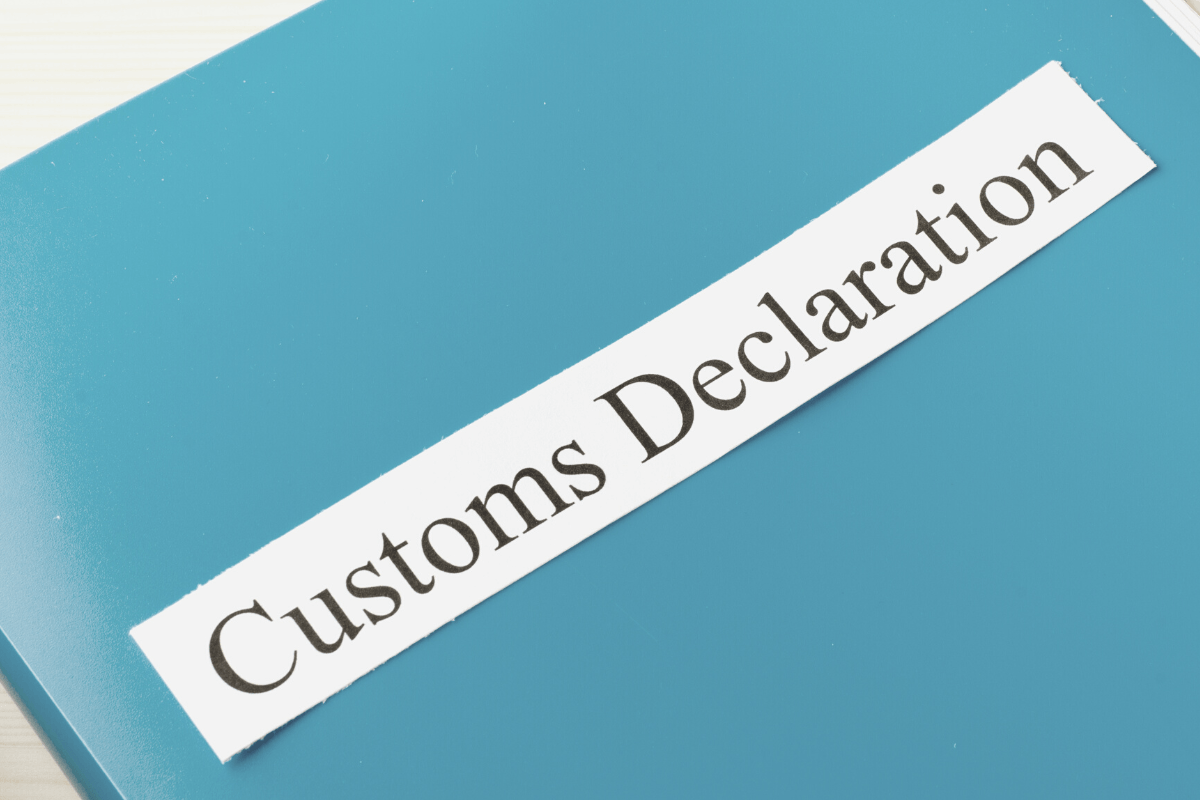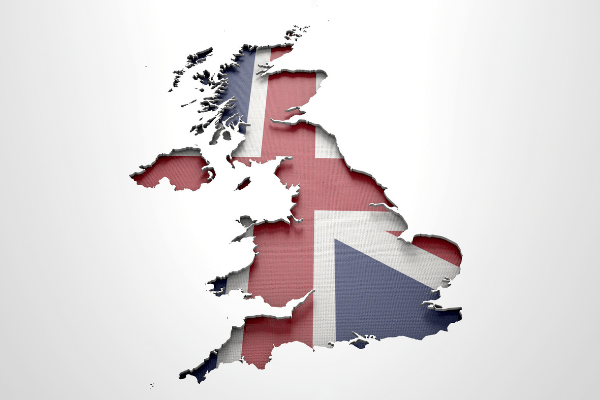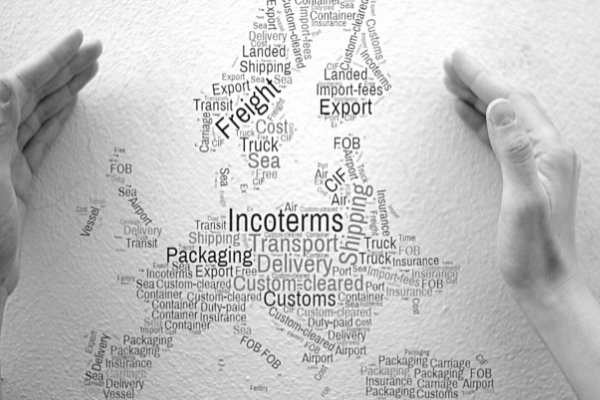BY:
SHARE:
We completely understand how frustrating this news will be for many of our clients, this will also have had a financial impact on many who were already well underway with preparations for the changes due in July 2022.
The import of phytosanitary goods from the EU into GB has been subject to planned change in border processes for implementation 2022, the first stage of import procedures having been implemented in January 2022 as planned.
However, the government has announced that further planned implementation of controls to imports due to be implemented between 1st July and November 2022 will not take place, and procedures for imports of phytosanitary goods will remain as implemented on 1st January 2022. This change includes imports of affected phytosanitary goods from Ireland into GB.
Technical data for those impacted:
Procedures that were implemented 1st January 2022
Pre-notification required for imports of products of animal origin, animal by-products, high risk food not of animal origin and lower risk plants and plant products.
Pre-notification using IPAFFS will remain necessary for all phytosanitary goods imported EU to GB.
The following changes to import procedures for phytosanitary goods from the EU into GB will now not be implemented.
Import Procedures due 1st July 2022
Implementation of physical, document and ID checks on remaining regulated animal by-products,
meat and meat products, lower risk plants and plant products and remaining high risk food not of animal origin
Changes to Import Processes due on 1st September 2022
Physical, document and ID checks on dairy products
1st November
Physical, document and ID checks on all remaining products of animal origin, composite products and fish products.
In summary:
- Pre-notification of phytosanitary goods remains necessary, but provision for Export Health Certificates and Border Control Inspections will not now be required from 1st July 2022.
- Organic products will not be subject to further change in import processes from those implemented in January 2022.
- Phytosanitary Imports from Ireland into GB will remain as of January 2022, with no pre-notification of import required.
- Phytosanitary goods subject to safeguard measures from 1st January 2021 will remain subject to those measures. These measures include pre-notification, the requirement for Export Health Certification and border control inspection. This is unchanged.
- Personal phytosanitary goods carried from the EU whether in luggage or in a vehicle will be subject to inspection.
We completely understand how frustrating this news will be for many of our clients, this will also have had a financial impact on many who were already well underway with preparations for the changes due in July 2022. As a company, Strong & Herd are here to help you and your business navigate the complexities of international trade and to keep you updated with the key facts and most recent information.
International Trade Up-dates into your inbox twice a month
Would you like to keep up to date on customs and international trade issues – subscribe to our OneCall service which combines regular practical updates (Did You Know?) and a helpline support service as well as an interactive members' area with a members' only community.
Spotlight & Training Updates Newsletter
Subscribe to our free information emails covering international trade topics...









